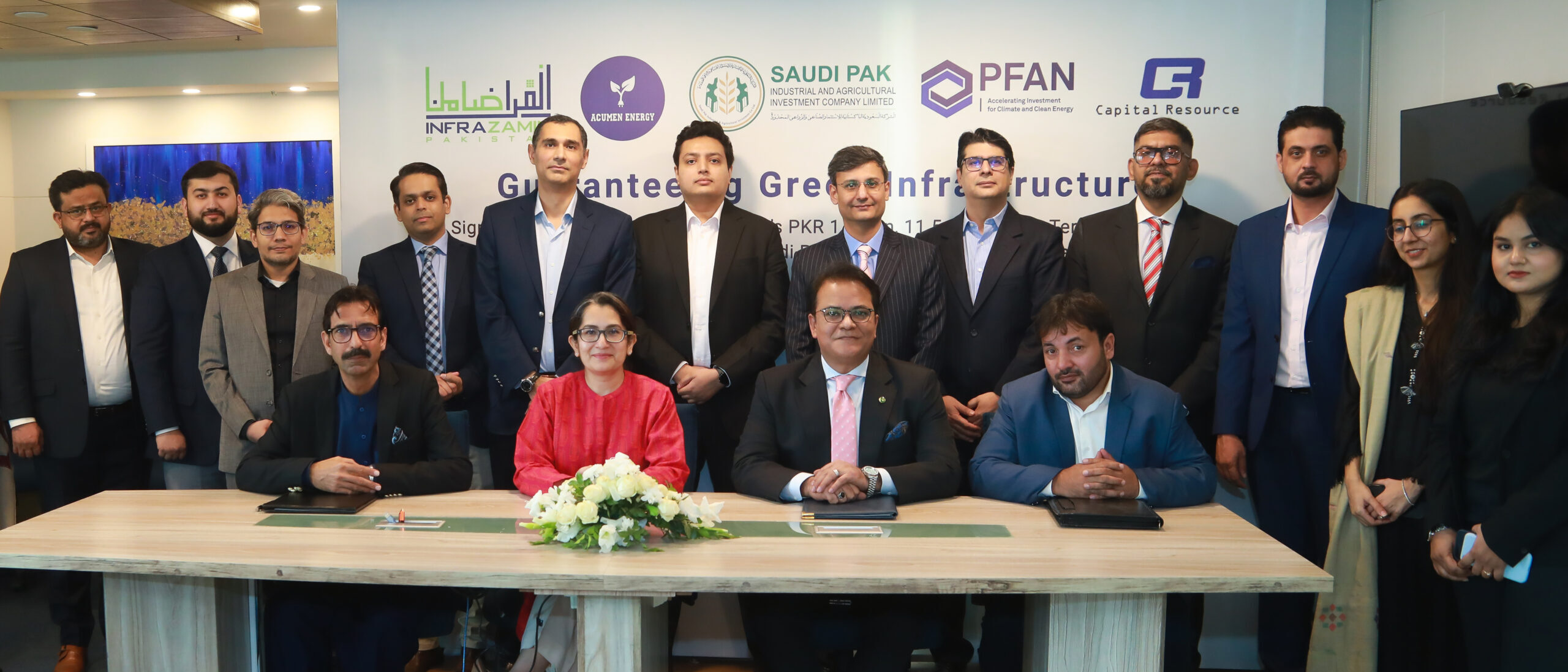Karachi, July 04, 2019: K-Electric profit declined sharply 67 percent or over Rs 21 billion during the fiscal year 2017.
The Board of Directors of K-Electric Limited in its meeting held on July 04, 2019 at KE head office, approved the Company’s financial results for the year ended 30 June 2017.
KE has posted a profit of Rs 10.4 billion in FY17 as compared to Rs 31.8 billion during the same period of FY16, depicting a massive decline of Rs 21.4 billion. The decline in profit also resulting in earnings per share (EPS) reducing to 0.38 rupees per share in FY17 from 1.15 rupees per share in FY16.
While key operational indicators showed sustained progress during FY 17, KE’s net profit reduced around 67 percent as compared to FY 16, mainly due to significant reduction in tariff level along with change in tariff structure under the new Multi-Year Tariff (MYT) for the control period July 01, 2016 to June 30, 2023.
According to Moonis Alvi, CEO, K-Electric, KE has remained resolute in the face of multiple external challenges and has continued to deliver on its commitment to powering Karachi and serving its customers.
Between 2009 and 2017, KE has invested over $1.7 billion across the energy value chain resulting in addition of over 1,057 MW of efficient power generation capacity, improvement of overall fleet efficiency from 30 percent in 2009 to 37 percent in 2017, 14.2% points reduction in Transmission and Distribution (T&D) losses and most importantly, today over 70 percent of the city is exempt from load-shed with 100 percent exemption to industries since 2010, he added.
These measures have proved critical in catalyzing economic growth in the city and in Pakistan at large. This virtuous cycle of graduation, improvement, and upliftment is the positive effect of KE reinvesting its profits back into the company, ensuring that we maintain our journey towards becoming even more customer-centric.”
Between 2009 and 2017, KE has invested over $1.7 billion across the energy value chain resulting in addition of over 1,057 MW of efficient power generation capacity, improvement of overall fleet efficiency from 30 percent in 2009 to 37 percent in 2017, 14.2 percent points reduction in Transmission and Distribution (T&D) losses and most importantly, today over 70 percent of the city is exempt from load-shed with 100 percent exemption to industries since 2010, he added.
These measures have proved critical in catalyzing economic growth in the city and in Pakistan at large. This virtuous cycle of graduation, improvement, and upliftment is the positive effect of KE reinvesting its profits back into the company, ensuring that we maintain our journey towards becoming even more customer-centric.”
A key concern for KE, as with other power sector companies, remains the prevailing circular debt situation affecting the sustainability of the sector. As of June 2019, the outstanding receivables of KE have ballooned to PKR 177 billion on account of outstanding payments from various federal and provincial public sector entities and are nearly two times its payables which total around PKR 99 billion. However, KE’s balance sheet remains healthy, with total assets amounting to PKR 396 billion in FY 17 as compared to PKR 378 billion in FY 16.
The Board in recognition of the investment plan by KE across all business verticals decided not to declare any dividend, and to reinvest the profit earned in the business.
Over PKR 25 billion has been invested in generation, transmission and distribution during the reporting period. The Board further observed that KE, being Pakistan’s only privatized and vertically integrated power utility, continues to engage with relevant governmental, regulatory and other external entities in order to ensure an enabling and pro-investment environment for the power sector at large and for KE in particular.


























































































































































































































































































